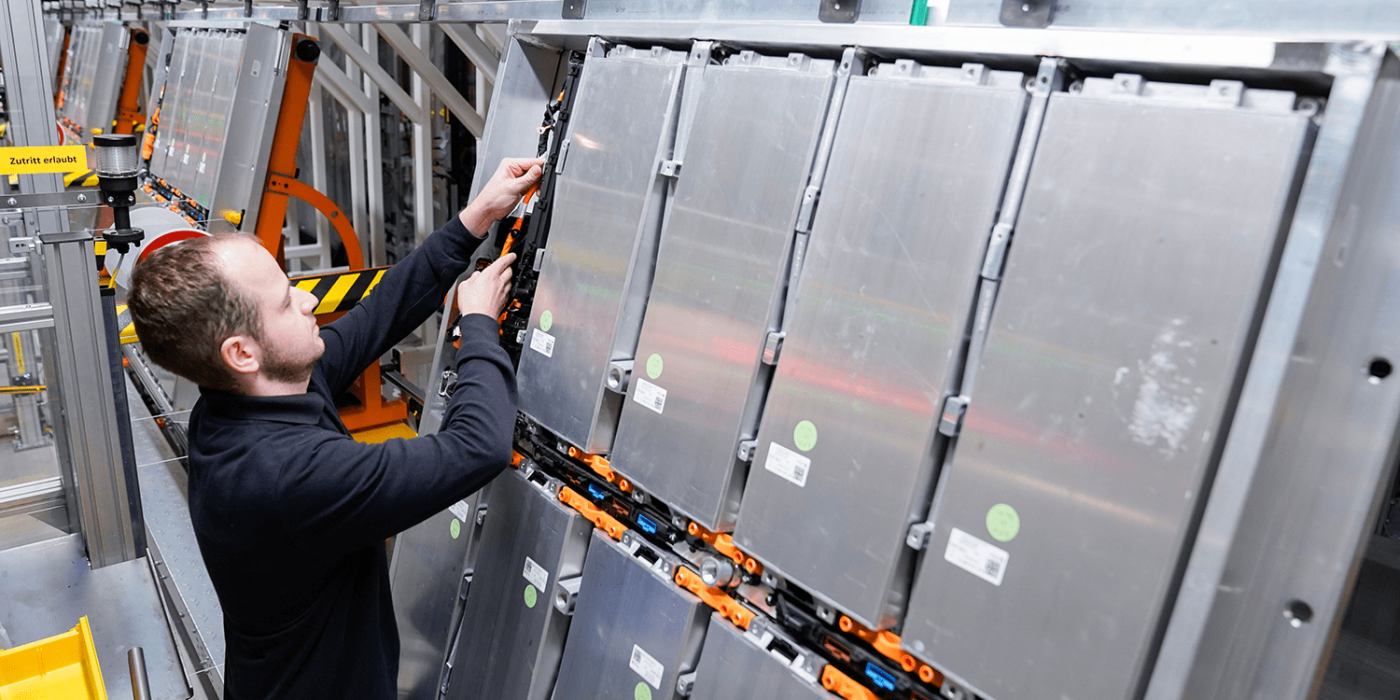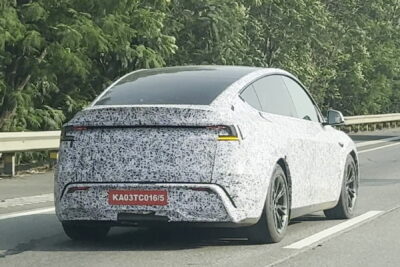Germany secures raw materials and energy in Canada
According to media reports, during German Chancellor Scholz’s visit to Canada, Volkswagen and Mercedes Benz signed agreements with the Canadian government to secure access to crucial battery raw materials such as lithium, nickel and cobalt.
In terms of the German carmaking giants, the news agency Bloomberg initially reported the deals citing insiders. In the meantime, both Mercedes-Benz and Volkswagen have confirmed in a statement that letters of intent were signed in Toronto in the presence of German Chancellor Olaf Scholz and Canadian Prime Minister Justin Trudeau.
According to Mercedes, the intention is to deepen cooperation along the entire automotive value chain – from technical development and raw material extraction to production, service life and recycling. The MOU aims to promote collaboration and economic opportunities within the Canadian electric vehicle supply chain. This includes, among other things, access to primary raw material sources, he said.
“To scale up mass production of electric vehicles, we need access to raw materials. With the intended Rock Tech-partnership we are diversifying the sourcing of our raw materials as part of a direct sourcing approach to secure the lithium supply for Mercedes-Benz battery production in Europe,” said Gunnar Guethenke, Vice President Procurement and Supplier Quality of Mercedes-Benz AG. “As sustainability is a central pillar of our Mercedes-Benz purchasing strategy, we appreciate that Rock Tech plans to supply Mercedes-Benz with lithium from mining sites audited to the standard of IRMA and processed with renewable energy sources.”
Volkswagen says both sides will examine “what contribution Canada can make to the group’s global and regional battery supply chains”. It said Powerco, the group’s newly formed battery company, will play a central role in this process and will drive the planned collaboration in battery value creation, raw material supply chains and cathode material production in the North American region. PowerCo is also responsible for the first VW cell factory in Salzgitter, whose foundation stone was laid in July, also in the presence of Olaf Scholz.
US demands value creation in North America.
According to one of the sources, the decision to secure important battery materials from North America should also be seen against the backdrop of the new US regulations on electric car subsidies. In future, electric cars will only qualify for the full tax credit in the United States if they have been assembled and sources with critical raw materials in North America. In VW’s case, the supply from Canada should also simplify the supply chains for the plants in the USA – series production of the ID.4, which still relies on battery cells from SK On’s plant in Georgia, started at the US plant in Chattanooga at the end of July. In April this year, even before US President Biden signed the new funding rules, there were rumours that VW was also considering battery cell production near its vehicle plant in Tennessee.
The German trade and business newspaper Handelsblatt reports that VW is even aiming to become the first Western carmaker to acquire direct stakes in mines. “We are not opening any mines of our own, but we want to take stakes in Canadian mines and mine operators,” VW board member for technology Thomas Schmall told the business newspaper. According to Schmall, the aim is to secure volumes and prices through long-term supply agreements, for example, as part of a joint venture with PowerCo.
Although further details of the supply agreements have not yet been revealed, the example was given that VW or PowerCo could secure 20 to 30 per cent of a mine’s annual production at a fixed price. In comparison, mine operators could sell the remaining 70 to 80 per cent of their volume to third parties at world market prices.
Many Western carmakers such as Tesla, BMW, GM and Ford have already switched to not only buying the battery cells from the manufacturers but already procuring the raw materials from the mining groups themselves in order to make then them available to the respective cell partner. In China, BYD not only built its own batteries but also announced in mid-August that it would invest over four billion euros in a battery factory and a mining project in Yichun in the Chinese province of Jiangxi.
Green hydrogen focus for Germany
Canada is also reportedly to become the source of green hydrogen for Germany. Chancellor Scholz secured a deal in this regard. This is necessary to replace missing Russian gas to power German factories and directly in fuel cell vehicles or as green ammonia in ships. The current energy crisis in German has prompted the need for an interim supply of gas and a more long-term supply of green hydrogen made from renewable energy.
Before the talks started, German Minister for Economic Affairs Robert Habeck had said that the aim was to enter into an energy partnership for the future. Habeck noted the ideal wind conditions for producing green hydrogen from renewable energy in Canada’s Newfoundland region.
In what the two countries call a ‘Hydrogen Alliance’, the German-Finnish utility Uniper has secured an agreement to source 500,000 tonnes of green ammonia, made from renewable hydrogen from a large new project on Canada’s Atlantic coast from 2025. The Finnish company Fortum owns 75% of the shares in the German company. Earlier this year, Fortum announced that it sees a great future for hydrogen as a renewable energy source, but battery recycling is also high on its list of priorities.
According to Recharge magazine, Uniper CEO Klaus-Dieter Maubach said: “Uniper is building up a portfolio of H2 products on a global scale by originating, transporting and finally supplying customers mainly in Europe in the future.” He explained: “The EverWind project is a very promising opportunity to source green ammonia based on excellent conditions and governmental relations to support the endeavour.”
financialpost.com, handelsblatt.com (Volkswagen, in German), mercedes-benz.com, volkswagen-newsroom.com (official confirmations) rechargenews.com (green hydrogen, green ammonia)





0 Comments